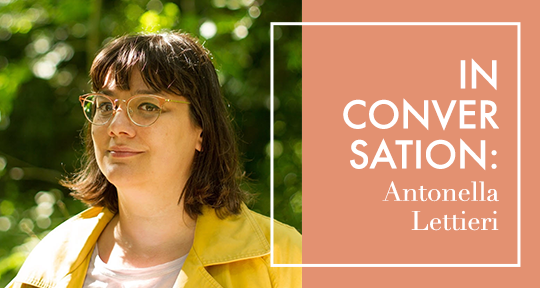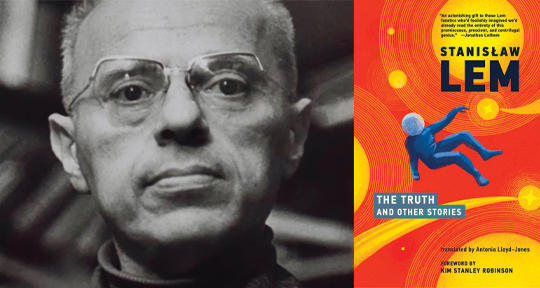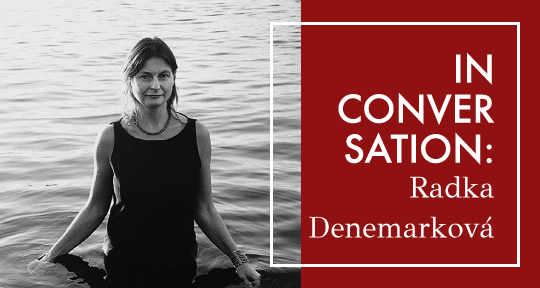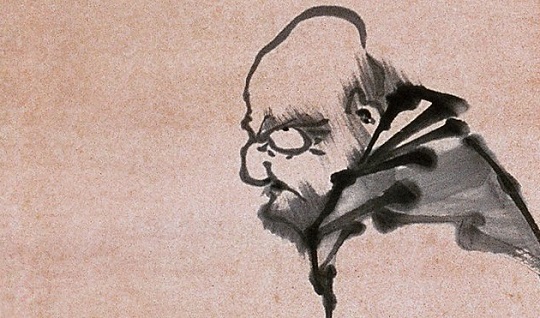“They were still days when I wasn’t like I wanted to be but I wanted to be like I believed I could become, or at least that’s what I kept telling everyone” says Manu, the polarizing protagonist of Enrico Remmert’s “The War of the Murazzi”. Excerpted in Asymptote’s Summer 2023 issue, the story tracks the city of Turin as its identity shifts from Italian homogeneity to a hub of immigration during the 1990’s—a multicultural turn rendered both joyful and sinister in Manu’s cloven gaze, in which the hypocritical impulses towards political optimism and casual violence are mapped from the level of the individual onto that of society in a riveting character study. In an award-winning English translation, Antonella Lettieri preserves Remmert’s literary pyrotechnics and the layers of complexity in his unreliable narrator’s voice.
I had the distinct pleasure of corresponding with Lettieri via email: our conversation ranged from the differentiation of ‘imagination’ and ‘creativity’ in the act of translation to the tensions between humanism, cynicism, and so much more that ripple under the surface of Remmert’s text.
Willem Marx (WM): In a recently published book review, you write that one of the joys of literature in translation is “imagining the book that was and the books that could have been”. I’m struck by the way you center the role of imagination. How does imagination play into your translation practice?
Antonella Lettieri (AL): Every time I read literature in translation I cannot help but wonder about the original, whether I speak the source language or not; I’m sure this is a very common experience, but for me it is always a great source of enjoyment. This was particularly true in the case of the book I was reviewing: Thirsty Sea (translated by Clarissa Botsford and published by Héloïse Press), which poses a great challenge to the translator because of its ample use of wordplay and double meanings—as the brilliant Clarissa explains in her interesting translator’s note.
When it comes to translation, I find that ‘creativity’ is perhaps a more useful notion than ‘imagination.’ Reading always requires a creative effort (it is an act of co-creation with the author) and I think that this is even more the case for the kind of close reading required of translators. If we start to understand both reading and translating as acts of creation, perhaps we can put behind us fraught notions of loyalty and fidelity, and start realising that re-reading and re-translating are key efforts in keeping a text alive over time.




